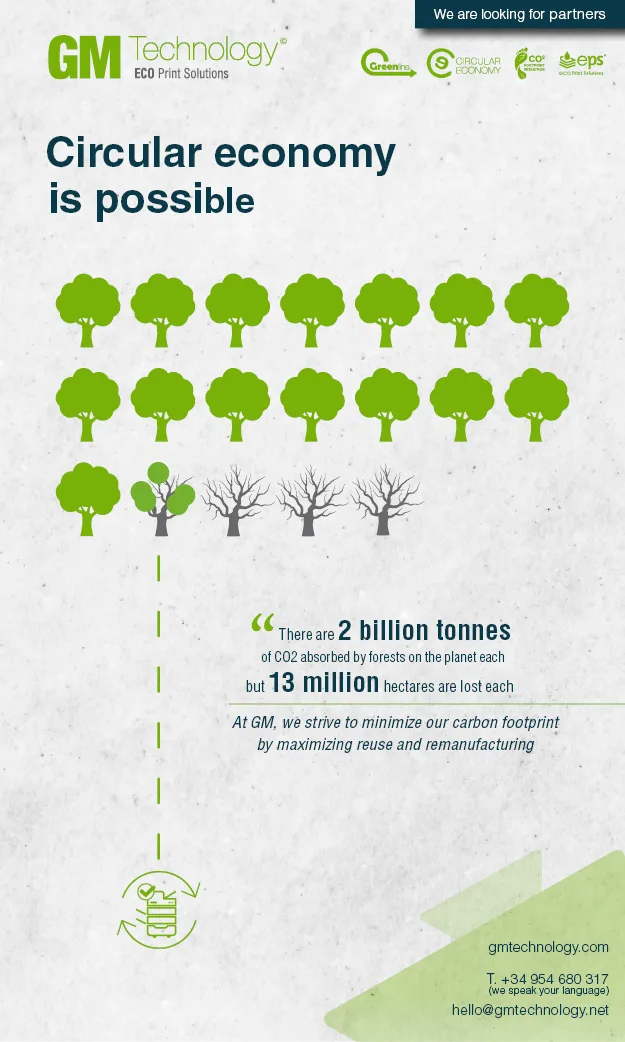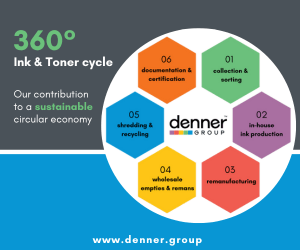Study reveals health implications of printing
January 18, 2019

With printer-related health concerns making headlines of late, a recent study conducted by Harvard University has raised some red flags regarding the potential effects of nanomaterials in printer toners.
This week, Xerox made a concerning revelation about the levels of styrene it had found in aftermarket toners produced in China, while tests conducted last year by ETIRA have revealed worrying levels of flame-retardant DecaBDE in some new build cartridges.
However, these tests have not been the only studies to raise troubling questions over the potential dangers of printing.
As CHEMISTRY WORLD reports, Philip Demokritou and a team of researchers has led a five-year study into the health implications of these nanomaterials, conducting in vitro and in vivo studies “to assess the specific toxicological effects of these nanoparticles in animals.” Their findings reveal that these nanoparticles can become airborne, “enter the lungs and even reach the bloodstream.”
These nanoparticles are found in toners used in laser printers. During the printing process, the particles “can react with volatile organic compounds to form potentially carcinogenic compounds, which people can inhale and accumulate in their lungs.”
Demokritou and his researchers utilised nuclear magnetic spectroscopy and gas chromatography mass spectrometry during their study. They proved that “low molecular weight gaseous polycyclic aromatic hydrocarbons from toner powders interact with these catalytic nanoparticles and, under the high temperatures used during printing, form high molecular weight species.”
These high molecular species are potentially both carcinogenic and mutagenic.
According to Demokritou, “assessing the nano-risk early on during product development while there is still a window to apply “safer-by-design” approaches can maximise the benefits of using nanoscale materials while minimising the potential health implications”.
As a result of this study’s revelations, Demokritou has now become part of a partnership between Nanyang Technological University in Singapore and Harvard, aimed at examining the effects of long-term nanomaterial exposure in humans.
Categories : Around the Industry
Tags : Harvard University Health Printing Study























